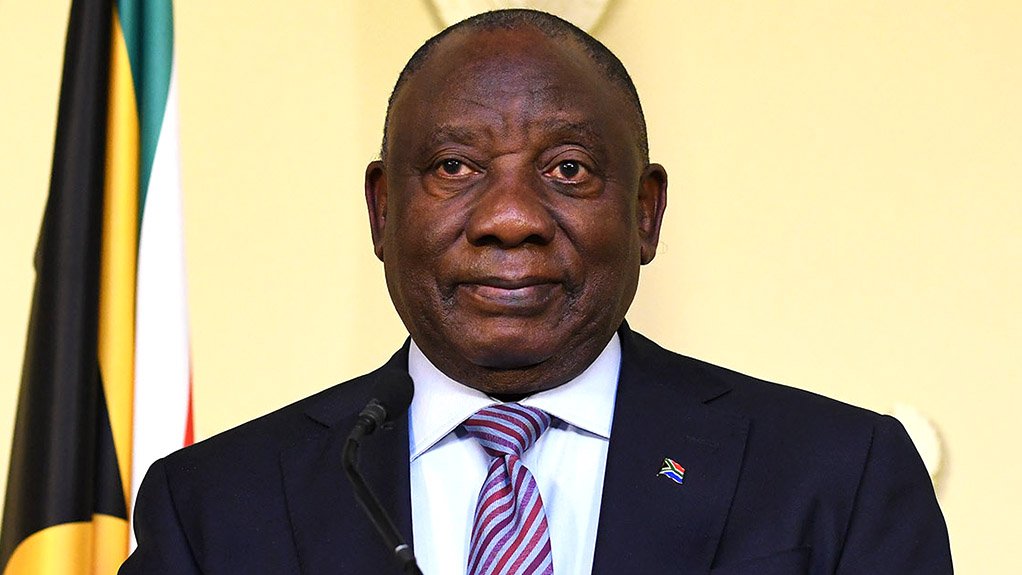South Africa’s biggest political rivals are close to clinching a deal to form a new government on the eve of the election of the nation’s president.
The African National Congress (ANC) and the Democratic Alliance (DA) have resolved key obstacles to an accord that will enable Cyril Ramaphosa to be re-elected as president by lawmakers on Friday, according to people familiar with ongoing talks between the two parties. They asked not to be identified as the discussions are private.
Talks are progressing even after the ANC’s negotiating team had to postpone a meeting with the DA on Wednesday, spooking some members of the main opposition party. The delay was caused by the officials having to attend a meeting of the ANC’s top seven leaders, and not an indication that they would renege on any agreement, the people said. One issue that still needs to be addressed is the DA’s insistence that any deal be put in writing, they added.
The ANC has been forced to seek coalition agreements with rivals after losing its parliamentary majority in last month’s elections. It invited all the nation’s main parties to join a broad alliance to form the next administration in a so-called government of national unity, or GNU.
In addition to the DA, which espouses free-market principles, the business-friendly Inkatha Freedom Party has signalled it will join the government, as has the Patriotic Alliance, the sixth-largest party. Former President Jacob Zuma’s uMkhonto weSizwe Party and the leftist Economic Freedom Fighters have so far opted out of joining the next administration.
The axing of an EFF member from the mayoral committee in Ekurhuleni east of Johannesburg is another signal that plans to form a national coalition is on course.
The removal of Nkululeko Dunga, the EFF’s chairperson in the Gauteng province, is likely to trigger the collapse of a power-sharing agreement it has with the ANC in Ekurhuleni and in Johannesburg, the people said. That would pave the way for the GNU partners to cooperate at a national, provincial and municipal level in the central economic hub.
Such a scenario may bring stability to urban centers where hung legislatures have spawned political proxy battles, with service delivery suffering as a result.
The DA and the ANC’s national executive structures will hold their final meetings on Thursday before Friday’s vote, where a speaker and deputy speaker of parliament will be elected before the vote for the president.
If Ramaphosa is unopposed, he’ll be declared president. The EFF has threatened to field its own candidate, which would trigger a vote for the position by secret ballot, though Ramaphosa is still likely to be re-elected because the ANC and DA jointly have a majority in the legislature, the people said.
Sticking points around positions in cabinet and parliament that will be shared by the GNU partners is only expected to be addressed in detail after Friday’s vote. The DA has proposed that positions be handed out in proportion to the parties electoral support. Having garnered the second-most votes after the ANC, the DA expects more positions than the smaller partners.
The ANC’s leadership is expected to brief the nation after its national executive meeting, which is scheduled to end at 7 pm in Cape Town.
EMAIL THIS ARTICLE SAVE THIS ARTICLE
To subscribe email subscriptions@creamermedia.co.za or click here
To advertise email advertising@creamermedia.co.za or click here











